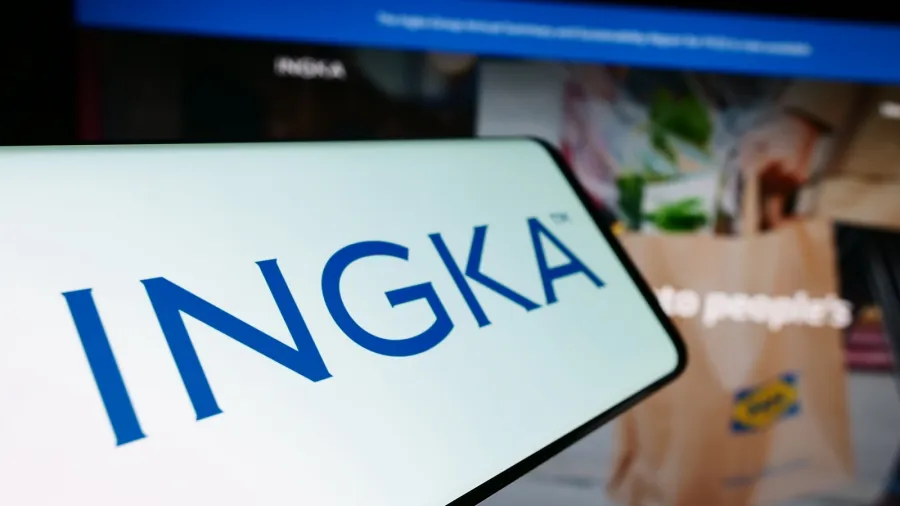
Ingka Group unveils strengthened climate targets
It focuses on reducing GHG emissions, carbon removal and storage, and contributions beyond the value chain.
Ingka Group, the largest IKEA retailer, has announced that its updated climate targets for reducing greenhouse gas (GHG) emissions have been validated and approved by the Science Based Targets initiative (SBTi).
The group said this marks a significant step in the their commitment to climate action, initially set in 2018. Since then, Ingka Group has reduced its climate footprint by 24.3% whilst increasing revenue by 30.9% compared to the 2016 baseline.
In November 2023, Ingka Group strengthened its climate targets to align with the SBTi Corporate Net-Zero Standard, which were approved in April 2024. These targets commit the company to reducing absolute GHG emissions from the value chain by at least 50% by FY30 (compared to FY16) and achieving net zero emissions by 2050, without relying on carbon offsets.
The updated "Net Zero and Beyond" ambition also reaffirms IKEA’s commitment to the Paris Agreement and limiting global temperature rise to 1.5°C.
Ingka Group’s strengthened climate targets focus on three areas, including reducing GHG emissions, carbon removal and storage, and contributions beyond the value chain.
Key actions to achieve "Net Zero and Beyond" include using 100% renewable electricity across operations, electrifying customer home deliveries and co-worker travel, improving energy efficiency, increasing the use of sustainable materials and plant-based food offerings, transitioning to a circular business model, and promoting sustainable choices for customers.
“The climate crisis is one of the biggest challenges facing humanity and as a business we are driving action in our business and beyond to contribute to limit global temperature rise to 1.5°C,” said Jesper Brodin, CEO, Ingka Group.
“Even if we have come far on our journey, we all need to do more, and the latest climate science is telling that we need to move with impact and speed,” he said, adding stakeholders can drive societal change by accelerating climate action through collaboration with partners, governments, the private sector, and customers.



















 Advertise
Advertise






